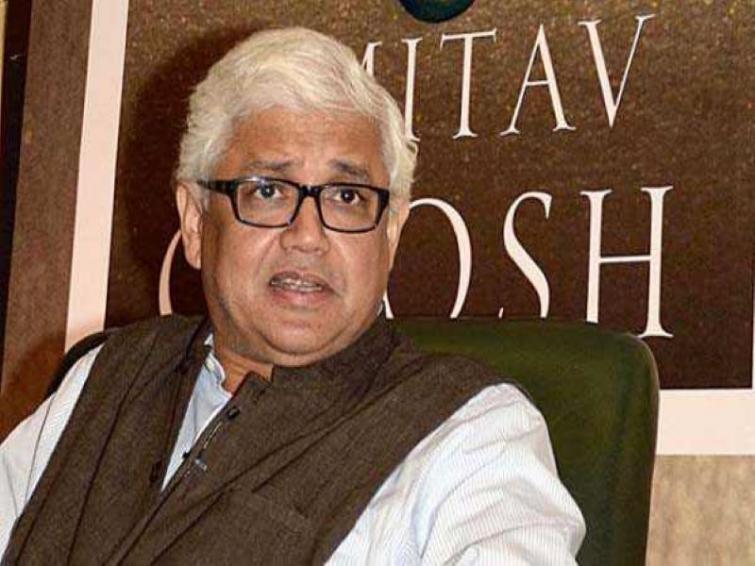
Indian political system unprepared to tackle the realities of climate change: Amitav Ghosh
Kolkata/UNI: Climate change and its grave consequences continue to be neglected at the cost of populist issues by the Indian political system, opined noted writer Amitav Ghosh on Saturday.
"Our political systems are not only unprepared to deal with the consequences of climate change but they are accelerating our race to extinction," said the author of 2016 book 'The Great Derangement: Climate Change and the Unthinkable'.
Ghosh was addressing a session 'Warming Signals: Climate Change and Us' at the Tata Steel Kolkata Literary Meet.
Ghosh said, " The impact of climate change is prominently visible with large number of people leaving the eastern parts of India, especially the Gangetic delta, Assam and Jharkhand, and seeking habitat and livelihood in the other parts of the country, but no one, including the mainstream media, is noticing it."
"If you go to western India, you will see the entire working class there hail from the east. These people are Bengalis from the Sundarbans mainly, but also Jharkhandis and also Assamese," said the Jnanpith Award winning writer.
"There is a huge demographic shift going on inside India which no one notices, not even the mainstream media. This is the extraordinary thing. What I can't get my head around is how blind can you be? "
"We are facing such an immense problem...we are seeing it everywhere. This is a strange thing about what is noticed and what is not noticed. This strikes me so much," said the writer of 'Gun Island'.
He said political apathy towards climate change is keeping India unprepared for the climate change disasters.
"I will give you an example. In 2016 when my book 'The Great Derangement: Climate Change and the Unthinkable' came out there was an epic drought in central India, specially Bundelkhand. Hundreds of thousands of farmers were leaving their land, moving to the cities... and Parliament had only one discussion and less than 10 per cent of the members turned up," Ghosh noted.
India dealt with 'The Little Ice Age period' better than most of the countries as the rulers across the country recognised the signs of climate change and adapted, he argued.
"This political situation is comparable with that of 17th century when climate change happened last. The rulers across India identified the calamity and built granaries, public distribution system.. and India was less impacted by 'The Little Ice Age' compared to Russia, China and others," said Ghosh.
"Can you see any signs of adaptations in our political system in the current times? The only sign of adaptation you can see is the race towards populism," he maintained.
The writer said India is yet to reach the level of awareness and preparedness India's eastern neighbour Bangladesh has achieved.
"Bangladesh has the most environmentally aware population in the world. However, on our side of border, there is very little awareness about climate change," he opined.
Support Our Journalism
We cannot do without you.. your contribution supports unbiased journalism
IBNS is not driven by any ism- not wokeism, not racism, not skewed secularism, not hyper right-wing or left liberal ideals, nor by any hardline religious beliefs or hyper nationalism. We want to serve you good old objective news, as they are. We do not judge or preach. We let people decide for themselves. We only try to present factual and well-sourced news.







